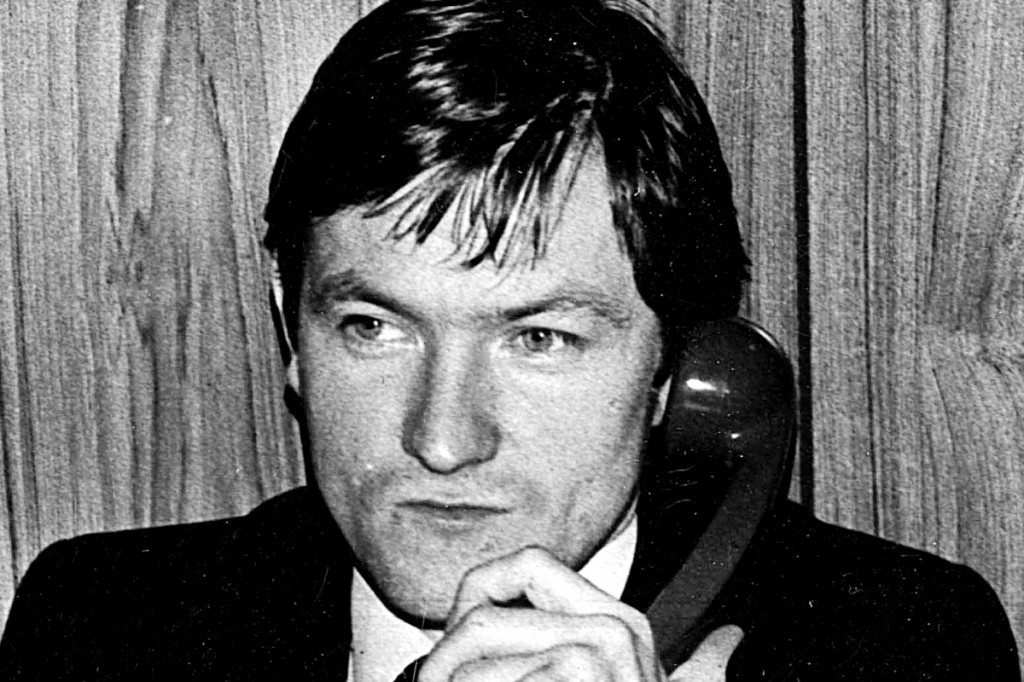Northern Ireland Secretary Brandon Lewis has ruled out a public inquiry into state collusion in the murder of human rights solicitor Pat Finucane.
Pat Finucane was brutally killed in his Belfast home in 1989 during the Troubles. He was shot 14 times whilst eating dinner with his family. Lewis’ announcement was described as ‘astonishing, arrogant and cruel’ by the Finucane family, who have spent the last 20 years campaigning for Downing Street to fulfil a commitment to a full public inquiry made by Blair’s Labour government in 2001. You can read about Pat Finucane (here) and an interview with his son, the solicitor Michael Finucane on the Justice Gap (here).
‘The murder of Pat Finucane has been described as not just an attack on one lawyer but an attack on the rule of law itself. The Secretary of State has showed us today that the attack is continuing,’ Pat Finucane’s widow Geraldine said in a statement. In a ruling in 2019, the Supreme Court of the United Kingdom concluded that the original investigation into the murder of Mr Finucane was ineffective and failed to meet the normal standards required under subsequent human rights legislation but could not order a public inquiry lest it overstep its judicial independence from the government. Geraldine Fincane said that ministers ‘remain in breach of their international legal obligations: a shameful and inexcusable position for a sovereign government to take.’
Successive governments however have failed to implement a public inquiry. As Prime Minister, David Cameron commissioned Desmond de Silva QC to conduct a ‘review’ in to Mr Finucane’s death in 2011, with the de Silva report concluding that the British state ‘actively furthered and facilitated Finucane’s death’, as reported here.
Speaking to the House of Commons, Lewis reiterated the conclusion of the de Silva report. He said it was ‘plain that the levels of collusion in the Finucane case, made clear by previous investigations, are totally unacceptable’.
Mr Finucane’s killers were volunteers allied with the Ulster Defence Association (UDA), a loyalist paramilitary who were not proscribed as a terrorist organisation by the United Kingdom until 1992, 3 years after Mr Finucane’s death. It would emerge later that Brian Nelson, a senior volunteer with the UDA at the time of the murder, was an agent controlled by a top-secret section of the British Army.
The government’s position and refusal to proceed with an inquiry at this stage hinges on the decision by the Police Service of Northern Ireland (PSNI) to begin a review process into the murder alongside a police ombudsman. Lewis promised to reassess whether a public inquiry is necessary after this process is complete. ‘I am not taking the possibility of a public inquiry off the table at this stage, but it is important we allow ongoing PSNI and police ombudsman processes to move forward,’ he said.
The Finucane family, including John Finucane, the Sinn Féin MP for Belfast North (the late Mr Finacune’s son), condemned Brendan Lewis’s decision. ‘The proposal falls so far short of what it required in this case that it beggars belief,’ the family said.







